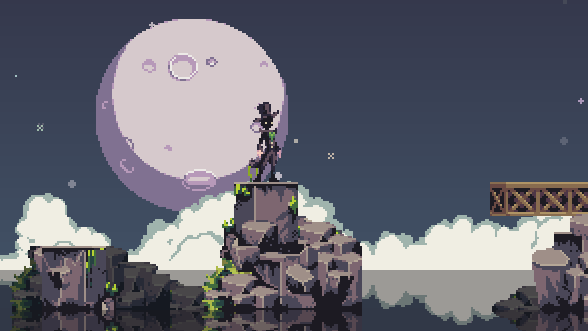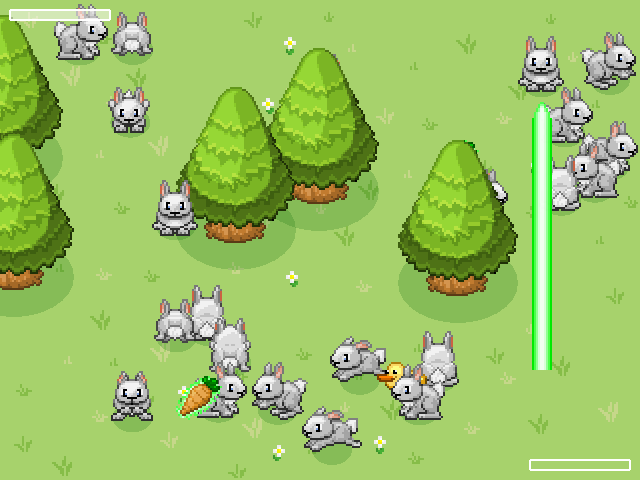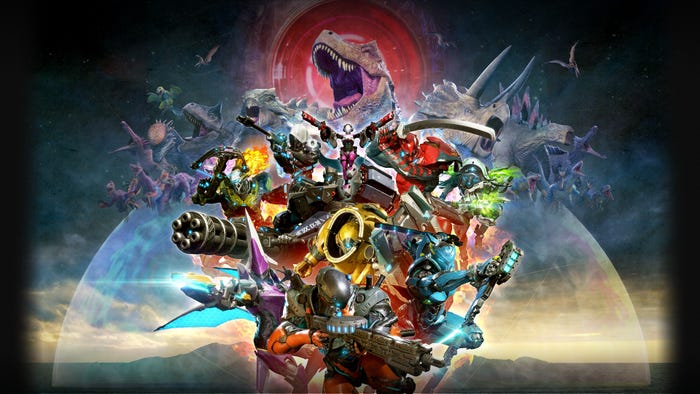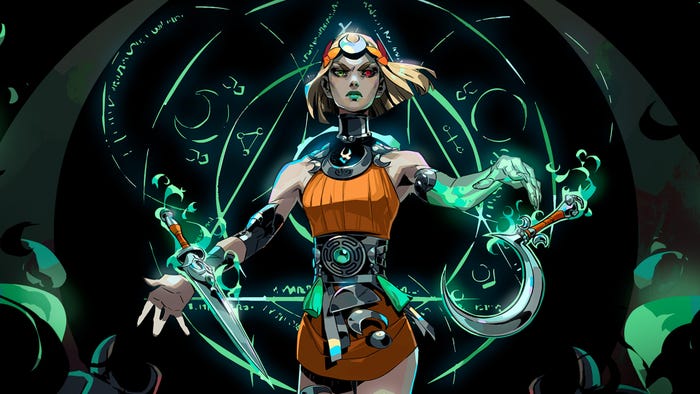
Featured Blog | This community-written post highlights the best of what the game industry has to offer. Read more like it on the Game Developer Blogs.
First Stage of Game Development: Survive
Game development is a lot like entrepreneurship. One indie dev found out the hard way that game development sometimes feels like surviving more than thriving. This is his story and some recommendations for those facing the same.

[For the previous article on the 3 stages of game development, a helpful precurser to this article, see my blog post "Indie Entrepreneurs" or visit my website here.]
Joe Williamson has been out of college a little over a year now. His friends describe him as a jack of all trades and a master of most. Programming, pixel art, music composition – the guy does it all. And he does most of it solo. He’s worked on multiple small projects in very confined time limits.
 He even had a period where he pumped out a game a week, but he hasn’t made much money from anything. In fact, when I met him in December 2014, he had raked in a whopping… wait for it… wait for it… £15 from in-game advertisements. And the fact is, he won’t see that. Google doesn’t consider it worth their time to cut a check for £15. He probably wishes they would, though, because that’s like 2 burritos.
He even had a period where he pumped out a game a week, but he hasn’t made much money from anything. In fact, when I met him in December 2014, he had raked in a whopping… wait for it… wait for it… £15 from in-game advertisements. And the fact is, he won’t see that. Google doesn’t consider it worth their time to cut a check for £15. He probably wishes they would, though, because that’s like 2 burritos.
And he’s not alone. Making money from games, or monetization in business jargon, is a constant struggle for the fledgling developer. Different avenues exist, whether they be ad, subscription, micro-transaction, or crowd funding based, but understanding which suits your particular game best isn’t always clear. And that’s just one of the hurdles particularly pressing at this stage. A few of the most common:
Pitfalls
Uncharted Territory: If you hand a man a map and say, “You need to go everywhere,” he will be left with one question. Where do I start? Marketing, monetization, finances, team meetings – these aren’t even on the radar for an indie dev starting out. Overarching strategy is difficult to maintain when you’re struggling in the trenches, which is why it’s sometimes best to learn through trial and error at this stage. It might feel unproductive putting out a game with ads that are buggy or starting a website that no one visits, but be thankful for the screw-ups. We learn very little from success.
 One-Man Army: Creative control is always difficult to give up, and at this stage it is tempting to do everything yourself. It’s true of course, some of the best entrepreneurs are jack-of-all-trade sorts, but there comes a time when it’s necessary to specialize. Branch out and give some of the reigns to other people; share your vision but prepare to take other people’s as well. Don’t get stuck as a one-man army for long. It’s a tough, lonely road for those people.
One-Man Army: Creative control is always difficult to give up, and at this stage it is tempting to do everything yourself. It’s true of course, some of the best entrepreneurs are jack-of-all-trade sorts, but there comes a time when it’s necessary to specialize. Branch out and give some of the reigns to other people; share your vision but prepare to take other people’s as well. Don’t get stuck as a one-man army for long. It’s a tough, lonely road for those people.
Empty Purse: Money. There’s just never enough. Especially at this stage. I know developers that have been living off savings, hoping to catch a break that will pay their bills. Unfortunately, raising funds takes time and exposure, two assets that there just aren’t enough of for the surviving developer. More on this dilemma in the recommendations section.
Benefits
Of course, it’s not all bad. In fact, there are some particular benefits to this stage in the process that others further along would kill to get back. For starters, Survival Devs still have that bright-eyed fascination with game development. The fact of the matter is the further one trudges into business territory – and the more your days are consumed with the minutia of budgets and marketing – the harder it is to enjoy the artistry of it all.
 So make use of that fascination. Dive into the aspects of game design you love while time is still available and soak up as much as you can. Take figure-drawing classes, learn another programming language, or write a script that can be adapted into a game. This is the stage where exposure, skill building, and developing a game that can start to make some money should be your top priority. Which leads to some basic recommendations.
So make use of that fascination. Dive into the aspects of game design you love while time is still available and soak up as much as you can. Take figure-drawing classes, learn another programming language, or write a script that can be adapted into a game. This is the stage where exposure, skill building, and developing a game that can start to make some money should be your top priority. Which leads to some basic recommendations.
Recommendations
If this is you, consider holding down a full-time job with something you’re still interested in, but that doesn’t consume your after-work hours. It might not be what you want to do full time, but it will give you a safety net and wider experience to draw from when setting up a full-fledged business. Take part in game jams, in-person if possible, to build a network and meet people locally that have similar interests. You may find the perfect group and then hit upon a concept that is both fun to play and substantial enough that you can begin making money. Basically, learn, save money, and make friends. It is, arguably, the most terrifyingly new and incomparably fun stage, so don’t rush to get through.

About the Author(s)
You May Also Like













